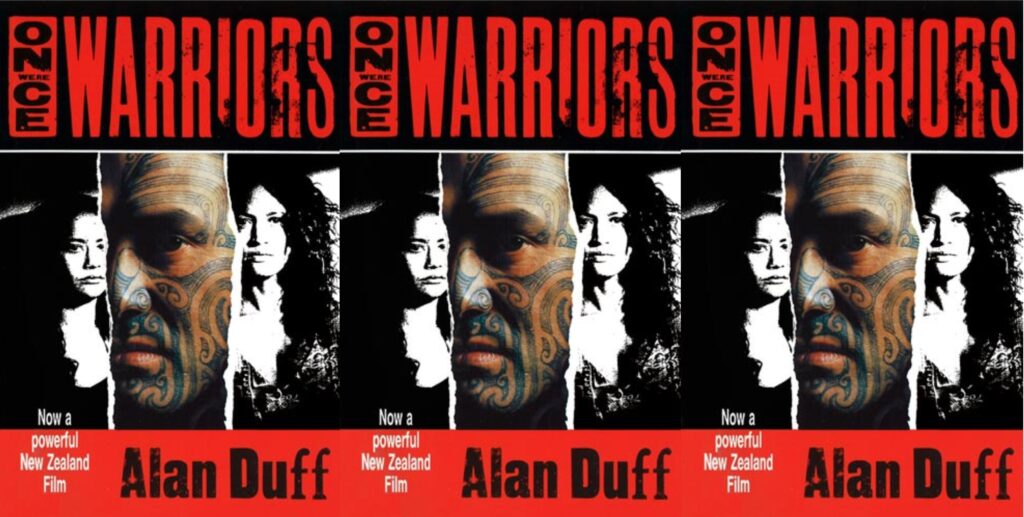Jo Cribb, the recently appointed new Chief Executive of the New Zealand Book Council, chooses one – possibly unexpected – book she wishes every person in this country could read by the age of 18.

Jumping on my red Raleigh 20 and pedalling to our local library with Mum was the ultimate after-school treat. A whole world of stories about girls and boys drinking orangeade and running through heather awaited – and as I got older, magazines showed me what the latest lip gloss fashions in America were. I am sure I read New Zealand stories and I treasured (and still treasure) my picture book about the curious kiwi.
But it wasn’t until I was older that I vividly remember reading a book that told a New Zealand story. And it’s a New Zealand story that tells of our dark side. A story that many would rather wasn’t told.
I read Once Were Warriors as I started university. I wished it had been written and published earlier. I wish I had read it two years earlier as a secondary school student. I hope all young adults read it before they finish school.
Once Were Warriors told a story of a part of our country that I knew existed, had seen traces off as I grew up, but never experienced. It was part of our country that was a long way from the rolling English countrysides or horse stables that featured in most of the books I devoured as a child.
Once Were Warriors sparked conversations around me. I became part of these conversations only because that bright-red-and-black, iconic cover image was featured in our bookstores. Conversations about how New Zealand has some of the highest levels of violence against women and children in the developed world. How violence and abuse happens in all types of homes, on all types of streets, everywhere across the country. How blessed we were that someone had been brave enough to write about what we wanted to ignore.
Once Were Warriors showed me how powerful the written word could be in a way that I had not fully understood before. Characters who we could relate to, who lived in a house that could be in our city, a few blocks over, told a story of the abuse and violence that can happen behind closed doors. The story made the invisible visible. It wasn’t just a story, but also a powerful call to action. Do not ignore what is happening behind those closed doors, the book said to me.
My master thesis, which studied violence against women in the Pacific, quotes Once Were Warriors on the front page:
‘Oo look at me – look at me, at her reflection in medicine cupboard mirror with the silver starting to break up behind the glass and mould formed in the lower two corners. And this face – if you could call it a face – framed there, beaten to a barely recognizable pulp. And him the doer of this to me laying back there in bed – my bed – as if nothing had happened’
This was my way of paying homage to how it inspired me not to turn away, but to be part of the pathway forward.
Over the past decades I have had the privilege of working as a volunteer with Women’s Refuge, and helping to develop government policy on violence against women, child abuse and poverty. And now, as the Chief Executive of the New Zealand Book Council, I have the privilege of working towards ensuring all New Zealanders have the opportunity to read for pleasure, to read our stories, and to be inspired by doing so.
Jo Cribb
Jo Cribb is the Chief Executive of the NZ Book Council. Before joining the Book Council in May 2017, Jo was the Chief Executive of the Ministry for Women (2012–2016) and, before that, Deputy Children’s Commissioner. Being Chief Executive of the Book Council brilliantly combines her two enthusiasms – leading a well-respected organisation into a new era of promoting social, cultural and economic well-being through reading, and supporting our renowned New Zealand writers.



